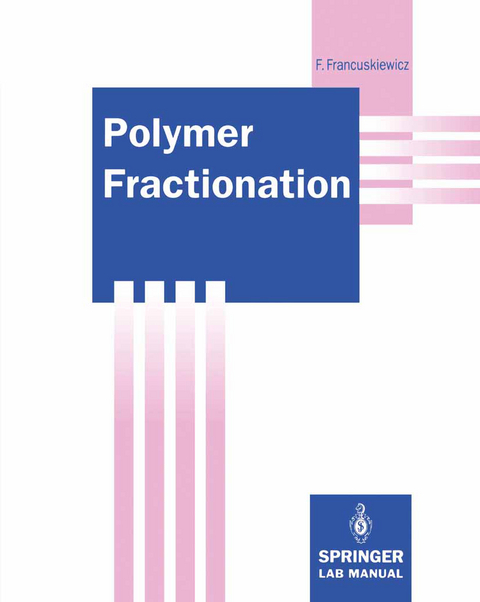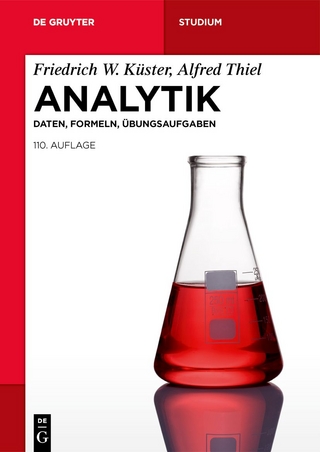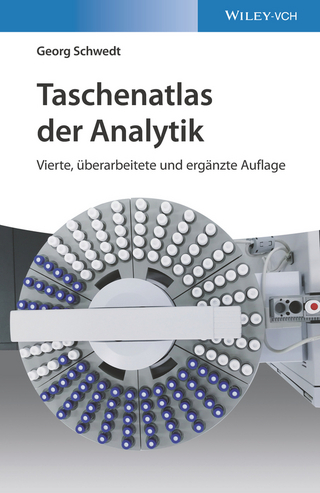
Polymer Fractionation
Springer Berlin (Verlag)
978-3-642-78706-5 (ISBN)
Polymer Fractionation is an important preparatory work for the determination of molecular weight-dependent polymer properties. In this book the practical aspects of a variety of different fractionation techniques are described, the advantages and disadvantages told and detailed hints about carrying-out are given. Each fractionation procedure is completed by practical examples.
1 Introduction.- 2 The Size of Polymer Molecules Mean Values and Distributions of the Molecular Weight.- 3 Dissolution and Precipitation of Polymers.- 4 Basic Principles of Fractionation Procedures.- 5 Precipitation Fractionation.- 6 Extraction Fractionation.- 7 Gradient-Elution Fractionation.- 8 Baker-Williams Fractionation.- 9 Trouble Shooting and Large-Scale Techniques in Column Fractionations.- 10 Temperature Rising Elution Fractionation.- 11 Partition Fractionation.- 12 Cross Fractionation.- 13 Outlook.- Table A1 Calculation of solubility parameters according to the increment method proposed by Small.- Table A2 Solubility parameters and physical constants of solvents.- Table A3 Solvents and nonsolvents for polymers ordered according to solubility parameters.- Table A4 Simple characteristics of some soluble polymers.- Table A5 Generalized Schulz distribution.- Table A6 Tung distribution.- Table A7 Logarithmic normal distribution (Wesslau distribution).- Table A8 Phase relations for simple one-step and multi-step extractions.- Table A9 Generation of logarithmic solvent/nonsolvent gradients in a stepwise procedure by use of small mixing vessels.- Table A10 Compilation of fractionation procedures in the literature.- Glossary of Terms.
| Erscheint lt. Verlag | 24.12.2012 |
|---|---|
| Reihe/Serie | Springer Lab Manuals |
| Zusatzinfo | XVII, 217 p. 22 illus. |
| Verlagsort | Berlin |
| Sprache | englisch |
| Maße | 193 x 242 mm |
| Gewicht | 474 g |
| Themenwelt | Naturwissenschaften ► Chemie ► Analytische Chemie |
| Naturwissenschaften ► Chemie ► Organische Chemie | |
| Naturwissenschaften ► Chemie ► Technische Chemie | |
| Technik ► Maschinenbau | |
| Schlagworte | Chemical Analysis • Chemische Analyse • Polymer • Polymere • Polymers • Separation Technique |
| ISBN-10 | 3-642-78706-1 / 3642787061 |
| ISBN-13 | 978-3-642-78706-5 / 9783642787065 |
| Zustand | Neuware |
| Haben Sie eine Frage zum Produkt? |
aus dem Bereich


